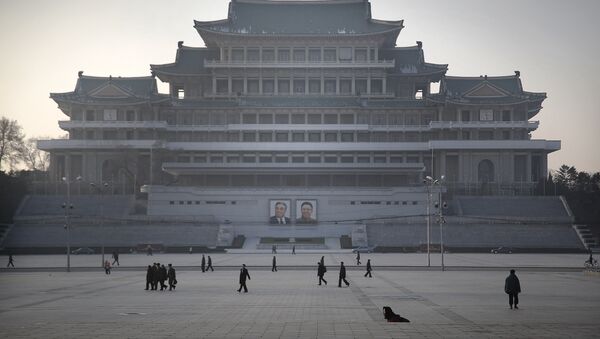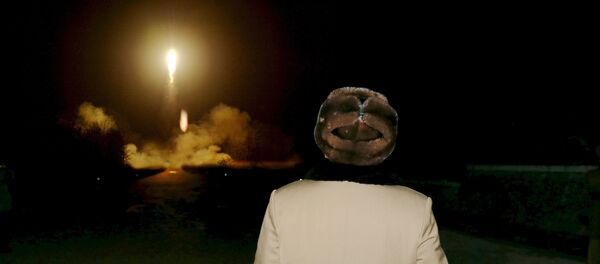The 15-member council unanimously adopted a resolution that cuts North Korean coal exports by 60 percent with an annual cap of $400.9 million or 7.5 million tons, on sales. It also bans the export of copper, nickel, silver, zinc and statues.
China is expected to slash its imports by some $700 million compared with 2015 sales under the new sanctions, Reuters quoted diplomats as saying.
Banning North Korean exports of copper, nickel, silver and zinc would slash about $100 million in revenue, while prohibiting the sale of statues, mainly to African countries, will cut tens of millions of dollars, diplomats said.
Since Pyongyang's latest nuclear test on September 9, the Security Council has spent 82 days to reach the new resolution on sanctions, with the wrangling over the sanctions taking longer than any other since North Korea's first nuclear test in 2006.
It took the UN Security Council only 56 days to reach a resolution after North Korea conducted its first nuclear test this year on January 6.
Lü Chao, a research fellow at the Liaoning Academy of Social Sciences, told the Global Times that the negotiations were strung out because the sanctions are more thorough and broader in scope than before, and involve a lot of technical details.
"The members of the Security Council agreed to oppose nuclear proliferation within the Korean Peninsula, but when the sanctions go further, it means the measures will be more complicated," Lü said.
Compared to China, Russia's influence on North Korea is limited, Lü said. "North Korea's trade with China accounts for 70 percent of its foreign trade," he noted.
The Security Council also blacklisted 11 more individuals and 10 entities, subjecting them to a global travel ban and asset freeze for their role in North Korea's nuclear tests.
This article originally appeared on the Global Times website



